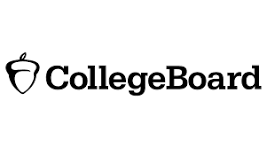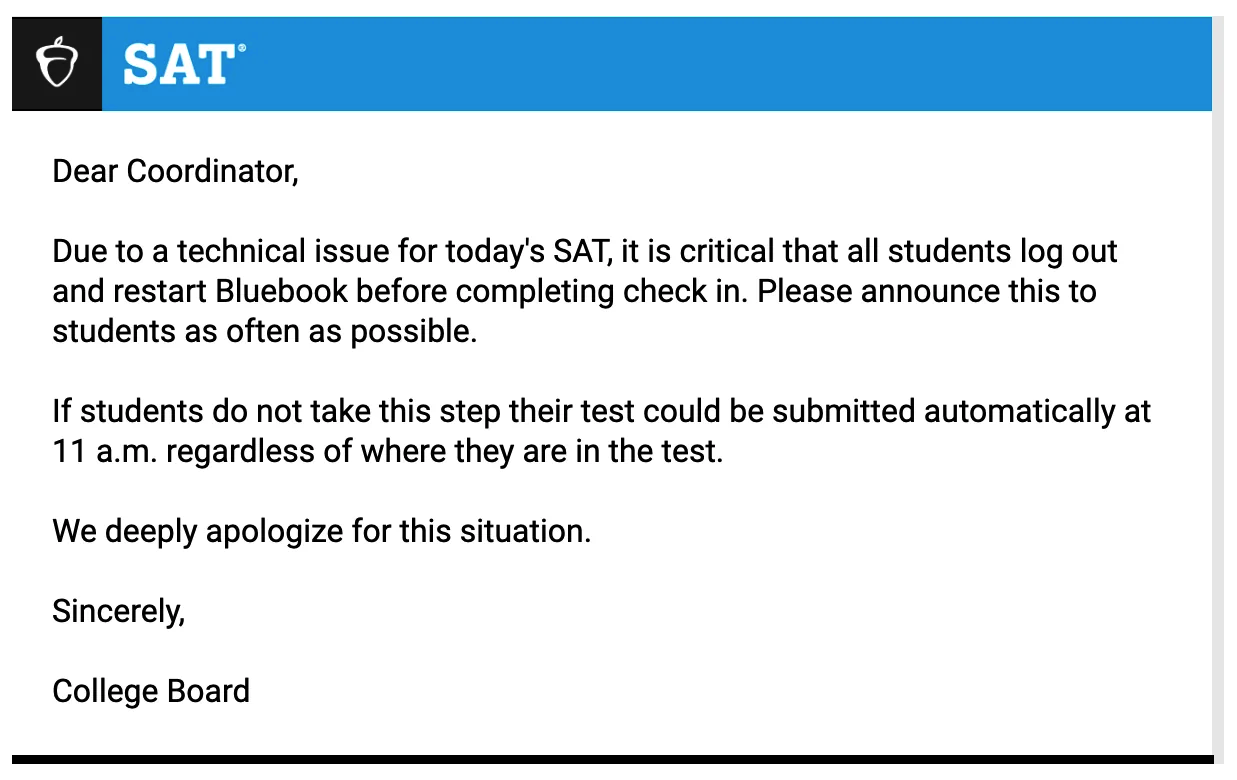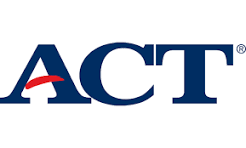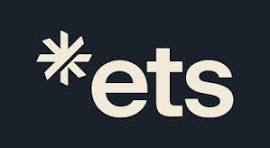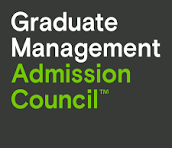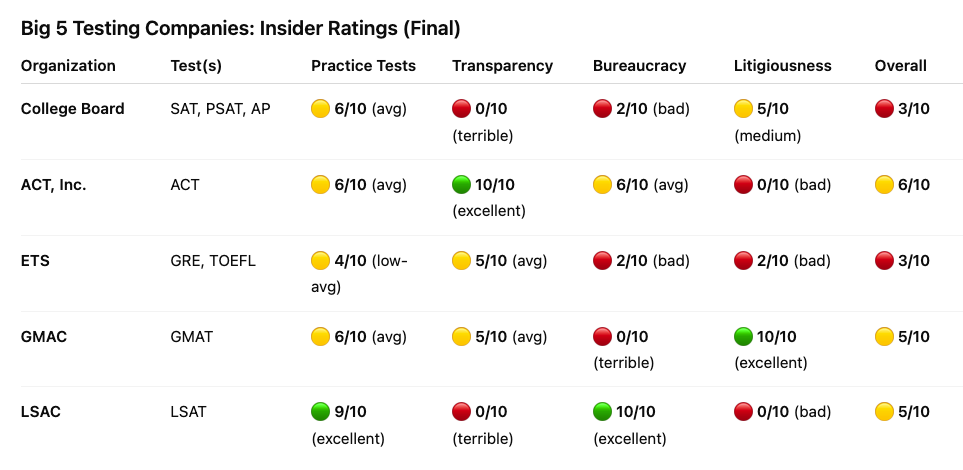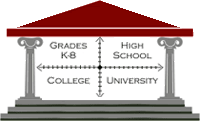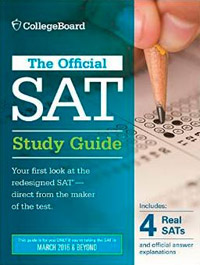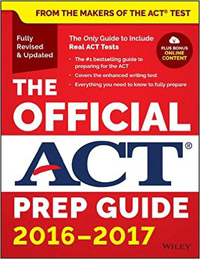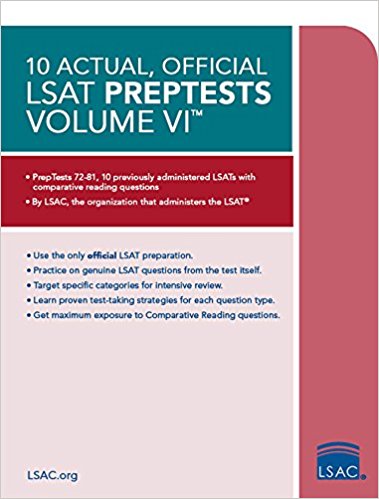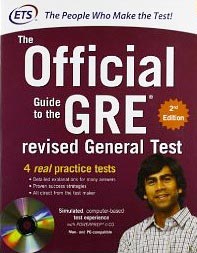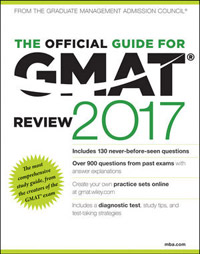Tutoring News Post
College Board, ACT Inc., ETS, GMAC, and LSAC: an Insider's Review of the "Big 5" Testing Companies
Companies will be evaluated according to 4 main factors: 3) Bureaucracy - If you need to call with an issue, is it going to take minutes or hours to resolve, and/or to reach a real person who can help you in fluent English? Are test centers reliable? Are exams frequently cancelled and/or rescheduled? Is the customer service team responsive and adaptable regarding test changes, refunds, etc.? 4) Litigiousness - These companies make a lot of money: to be specific, anywhere from $64 million (GMAC) to over $1 billion (College Board, ETS) annually. That much moolah can easily fund a large team of attorneys. Does the company actively fight against the sharing of official test questions? Do their employees prioritize profit and intellectual property over equal access to expert advice and real practice tests? ---------- 2) Score Transparency: Unfortunately, College Board has stopped releasing “QAS” (Question and Answer Service) exams 3 times a year—in violation of "Truth in Testing" laws in New York and California—and its DSAT score reports no longer even indicate how many questions a student answered incorrectly. Flawed questions are also known to appear on real SATs, sometimes leading to their eventual removal from scoring. The College Board's new digital SAT—now 2 years old—also continues to be plagued by widespread technical failures, including its most recent March 2025 DSAT administration, where a "log out / log in" glitch meant that thousands of students' answers were automatically submitted at 11 am, before their testing time had expired. (Article) Finally, it continues to intentionally disregard the true meaning of the term "equating" to perpetuate the blatant lie that SAT scores are not curved. 0/10 3) Bureaucracy: It's not that difficult to register for the SAT, but there are still too many steps involved. Frequent SAT test-center cancellations have been a recurring nightmare ever since the COVID-19 pandemic, and multiple digital SAT test forms continue to leak widely after each administration. Meanwhile, "CollegeBoard" has done little to resolve, improve, or even address these issues—and continues to re-use many of the same DSAT questions that have already been leaked. 2/10 4) Litigiousness: CB doesn't fight unnecessary legal battles. It focuses the bulk of its efforts on trying to prevent the release of leaked digital SATs, though this fight has been largely unsuccessful. 5/10 ACT, Inc. (purchased by Nexus Capital Management in April 2024)
Headquarters: Iowa, City, Iowa 2) Score Transparency: At least 3x/year, sometimes more, ACT continues to offer a Test Information Release exam where students can review every question they answered incorrectly. 10/10 3) Bureaucracy: During the decades when ACT was a nonprofit, it was notoriously understaffed. This problem will most likely persist as a result of ACT's recently being purchased by a for-profit company. Registration takes forever, and requires you to turn down lots of shady for-profit test prep offerings. Scores can sometimes be delayed for weeks. That said, the ACT experiences far fewer test-center cancellations (and test leaks!) than does the SAT—and it's far easier to reach a helpful phone representative. 6/10 4) Litigiousness: ACT's lawyers have been working overtime over the past few years to scrub the historical "TIR" tests from existence, including sending cease-and-desist letters to yours truly because of this page, where I used to host free links to 96 real ACTs, but am no longer able to do so due to ACT Inc.’s continued and persistent threats. Luckily, these TIR tests can still be found by someone armed with the form codes and decent internet search skills. 0/10 ETS (Educational Testing Service)
2) Score Transparency: ETS offers a free “GRE Diagnostic Service” a few weeks after the exam, which indicates how long you spent on each question, whether you answered them correctly, and the question categories. 5/10 3) Bureaucracy: Registration is a breeze. However, the call centers are highly outsourced and the website is the opposite of user-friendly. Employees can provide mixed messages (often reading from a script) and be difficult to understand. Scores can be delayed indefinitely or cancelled/withheld entirely, especially with the online GRE. 2/10 4) Litigiousness: ETS's legal team is very protective of its copyright in the US, in particular. For example, ETS successfully shut down the former GRE Prep Club website (cousin of GMAT Club) with a DMCA strike. 2/10
2) Score Transparency: After completing the GMAT Focus exam, you will receive a free “Enhanced Score Report” that indicates exactly which questions you answered incorrectly, and how long those questions took, similar to GRE's free Diagnostic Service. 5/10 3) Bureaucracy: Registration is easy, but everything is outsourced; online proctors can fail to arrive, exams can glitch, questions can be flawed and/or of poor quality, and scores can be canceled for no reason. GMAC’s paltry $64 million annual revenue makes it the poorest of the Big 5—and it shows. 0/10 4) Litigiousness: GMAC is a breath of fresh air in this regard. GMAC is the one testing company who understands the obvious: in the global internet era, it’s pointless to waste precious company resources in a futile effort to protect the copyright of individual, official exam questions. Thus, it wisely allows sites such as GMAT Club to host all 8,000 official GMAT questions for free—along with forum-style discussions of the best solutions. 10/10
2) Score Transparency: Far worse than it used to be. LSAC used to disclose three tests per year, but now it discloses exactly zero test forms. On the real LSAT, LSAC doesn't even provide section scores! Flawed questions are also known to appear on real LSATs, sometimes leading to their eventual removal from scoring. 3) Bureaucracy: In this regard, LSAC shines in comparison to the above companies. Registration is easy, scores tend to be released on time, and there are very few test-center cancellations. (The online LSAT is riskier, however.) 10/10 4) Litigiousness: Unsurprisingly, LSAC is very litigious. It has been known to send cease-and-desist letters to LSAT tutoring companies, and/or threaten lawsuits over the slightest perceived copyright infraction. This includes the sharing of a single official LSAT question explanation video on YouTube or similar sites—even if the video doesn't include the question itself. Ironically, LSAC’s track record defending itself in lawsuits is not great: it was not only successfully sued by a visually impaired test-taker in 2019, leading to the recent removal of the Analytical Reasoning aka Logic Games section, but was also found liable for a violation of the ADA (Americans with Disabilities Act) in 2014, after LSAC illegally indicated whether students had extended-time accommodations on their LSAT score reports. source #2 Most recently (August 2025), LSAC has become the target of a class-action lawsuit alleging collusion and "pay to play" price-fixing, in violation of the Sherman Antitrust Act: Source 1 / Source 2 / Source 3 / Source 4 / Source 5 0/10 ------------ Fun facts: The GRE (general graduate study, law school, business school) is taken by approximately 16% of of college graduates. The LSAT (law school) is taken by approximately 5% of college graduates, and the GMAT (business school) is taken by approximately 4% of college graduates.
|


